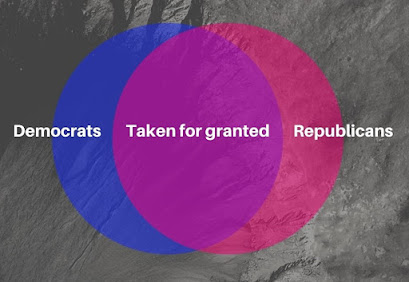what is necessary and in few words.
― Epictetus
A phone call with a salesman this week reminded me why I dislike so many salespeople.
He would not shut up.
What should have been a 10-minute call wound up an hour-long harangue.
Citing the "Golden Ratio," sales coaches advise you to "talk less, listen more." The ratio of talk should be 3:2 in favor of the customer.
But this guy isn't buying it.
And I may not buy what he's selling—simply because I can't take another drenching.
Worse, he followed the call up with a 600-word email (not including his two attachments). I've yet to read it all.
If only he knew about Star Style.
Ernest Hemingway mastered Star Style in 1917 during a seven-month apprenticeship at The Kansas City Star. It would propel the writer to fame only nine years later.
Foremost among them were three: Use short sentences. Use vigorous English. Eliminate every superfluous word.
Hemingway revered The Star's rules. "I've never forgotten them. No man with any talent can fail to write well if he abides by them."
Hemingway added to the rules one of his own, which in Death on the Afternoon he labeled the "Iceberg Theory."
"The dignity of movement of an iceberg is due to only one-eighth of it being above water," he wrote.
"If a writer of prose knows enough of what he is writing about he may omit things that he knows and the reader, if the writer is writing truly enough, will have a feeling of those things as strongly as though the writer had stated them."
The Greek Stoic Epictetus, 2,000 years before had urged followers to abide by comparable rules for speaking.
"Be silent for the most part; or say only what is necessary and in few words," Epictetus advised.
"Talk, but rarely, if occasion calls, and never about ordinary things—gladiators or horse races or athletes or feasts; these are vulgar topics; but above all not about men in blame or compliment or comparison. Turn the conversation, if you can, by talking about fitting subjects; but, should you be among strangers, be silent."
If you're prone to saying too much—in person or on paper—consider your audience. Show them some charity. Tighten your spigot.
Maybe the Golden Ratio should be 9:1 in favor of the customer.
Maybe the gold in the Golden Rule is—silence.







